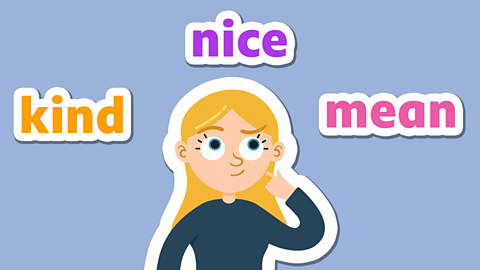Watch: What is alliteration?
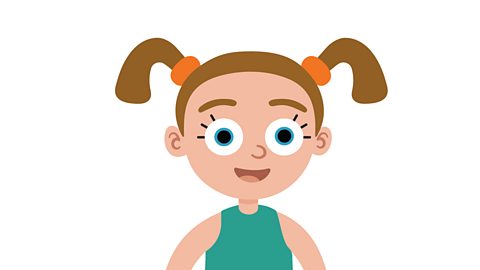
Alliteration is when words start with the same sound:
For example, Sammy the slippery snake came sliding.
Alliteration is used in both written and spoken English. You can find examples in poetry, advertising and events commentary.
It is often used in newspaper headlines to grab the reader's attention.

Using alliteration
Jeff: And welcome to a really rapid race, between two super sweaty sprinters!
Janine: Oooh, nice bit of alliteration there.
Jeff: Thank you Janine, the more words I use that start with the same sound, the faster they run.
Jess jogs with jaunty jumps!
Daisy dashes while ducking deviously!
Pacey people dodge pooping pigeons.
Janine: But too much alliteration can be hard to say without tripping over.
Like a tongue-twister.
Jeff: Fast feet fumble frantic finishes.
Fast feet fluff flashy finales.
Fast feet fumb…
Jeff: Oh fiddlesticks.
Janine: What a whopping woeful wipeout!
I guess too much alliteration can cause disaster.
Watch: Alliteration in poetry
Watch the following clip to hear poet Joseph Coelho talk about using alliteration in poetry.
(You can start watching at 1 minute and 18 seconds and finish at around 3 minutes and 17 seconds.)
Listen to Joseph Coelho talking about sound in poetry.
Sounds are all around us. We are constantly hearing them and so they have made their way into our language. There are many words for sounds. Words that recreate the sounds.
Ring, ding, screech, clunk, whoosh.
These words are onomatopoeic. The word you write down is an instruction for how to make the sound.
Choo choo!
I was caught up in the muttering crowd.
I huffed and puffed to the train.
The doors clunked open and beat closed.
The engines boomed and the train whooshed off.
The words help bring the poem to life. They help me put the reader of the poem onto the train in their imagination.
I love train journeys. I like to look out the window at the fields and changing landscape. I like to look out for farm animals like sheep. I like the word 'sheep'. I like the double 'ee' - the vowel sounds. It reminds me of other words that have similar sounds inside them. Words that it shares an assonance with. Words like unique, sleek and weep. Assonance is a bit like rhyme. But instead of having words that sound the same at the end, we have words with middles that sound the same.
There are other poetic devices that do not flow quite as easily. I love the challenge of a tongue twister. Many tongue twisters use alliteration where you have lots of words that start with the same letter.
Rabbits.Rare red rabbits.Rare red rabbits revel by the railway.Rare red rabbits revel with rage by the roasting railway.
An easy way to create a tongue twister is by starting with your name and adding words start with the same letter. You can even do it as a challenge taking it in turns to see who can come up with the longest alliterative line.
Joe.Jumping Joe.Jovial jumping Joe.Jovial jumping Joe juggles jam.Jovial jumping Joe juggles jam and juniper berries.Juggling Joe… argh, you win Joe!
Alliteration can be a double challenge. It can be a challenge to find words that start with the same letter, but it can be another challenge to actually say the poems you have created.
The tunnelling train tears through the tricky terrain.
Alliterative poems can be great fun, but they can also be used to create a sense of foreboding, of danger, as the poem continues on on a path of no return.
The train trudged with terrifying terror towards the terrible tunnel.
When you're playing with alliteration, remember that the poem doesn't have to be full of it. You can choose just a few alliterative phrases to add to the mood or atmosphere of the poem.
I remember my tiny toy train.
I'd totter it along the toy tracks
Laid out in my bedroom in a perfect figure of eight
Making the clunking chunking noises
Imagining the clouds of hot and steam
Streaming from my tiny boys' toy.
Perfect joy.
When you start playing with words, you can start having fun with different poetic devices like onomatopoeia: clunking,chunking. Or assonance where the middle of the word sounds the same: boy, joy, toy. And that is redrafting; that is editing and it's fun because you are like a poetry scientist pouring in some assonance, mixing in some onomatopoeia and standing back to look at the awesome poems you have created.
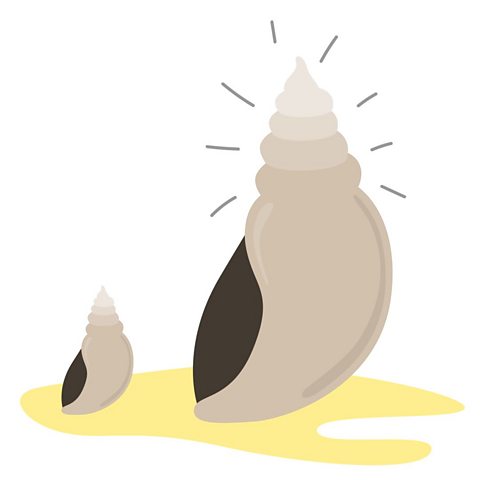
Joseph Coelho says that alliteration can be used to make funny tongue twisters.
Tongue twisters are a type of short poem with sentences that are tricky to say.
He gives the example:
Jovial jumping Joe juggles jam and juniper berries.
Another example you might know is:
She sells sea-shells on the sea-shore.
The shells she sells are sea-shells, I’m sure.
For if she sells sea-shells on the sea-shore
Then I’m sure she sells sea-shore shells.

Activity 1
Activity 2
Activity 3
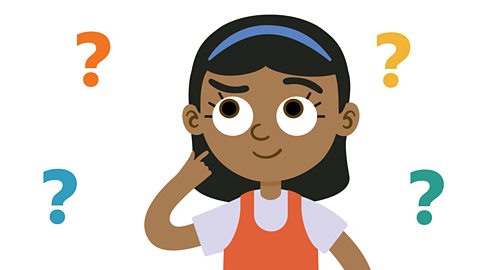
You are going to write your own tongue twister using alliteration.
First, choose a letter. This should be a consonant (any letter except a, e, i, o, u).
Now write down as many words as you can that start with that letter. The more similar sounding the better.
For example: B = Barry, berry, banana, butter, bitter, brave, broom, battery, buttery, beagle, bagel…

Activity 4
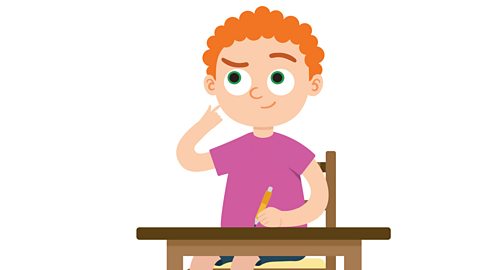
Write your own tongue twister using the words from your list.
Remember: You can still use some words that don’t start with the same letter so that your sentences make sense.
Make your tongue twister four lines long.
For example:
Barry bought a berry bagel
Before buttering his brilliant banana bread.
But Betty brought a better berry bagel
So Barry bit Betty’s bagel instead.
Top tip!
You can use the same words more than once.
Challenge yourself
- How quickly can you say your poem without making a mistake?
- Can any of your friends or family say it faster? Have a competition!

Play Crystal Explorers to get ready for SATs. gamePlay Crystal Explorers to get ready for SATs
In this game, use grammar, punctuation and spelling skills to explore jungles, caves and tombs on your mission!

More on Language
Find out more by working through a topic
- count3 of 9
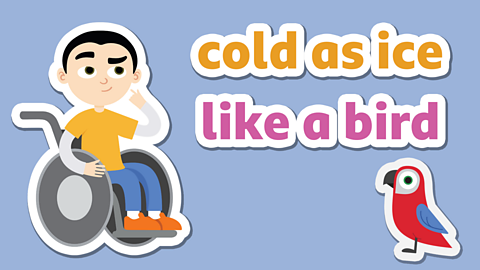
- count4 of 9
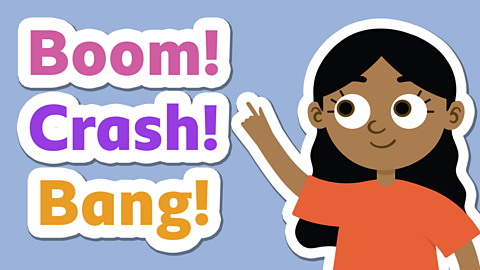
- count5 of 9
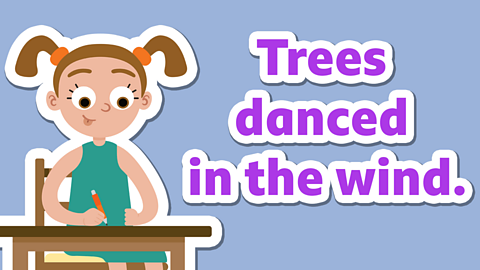
- count6 of 9
